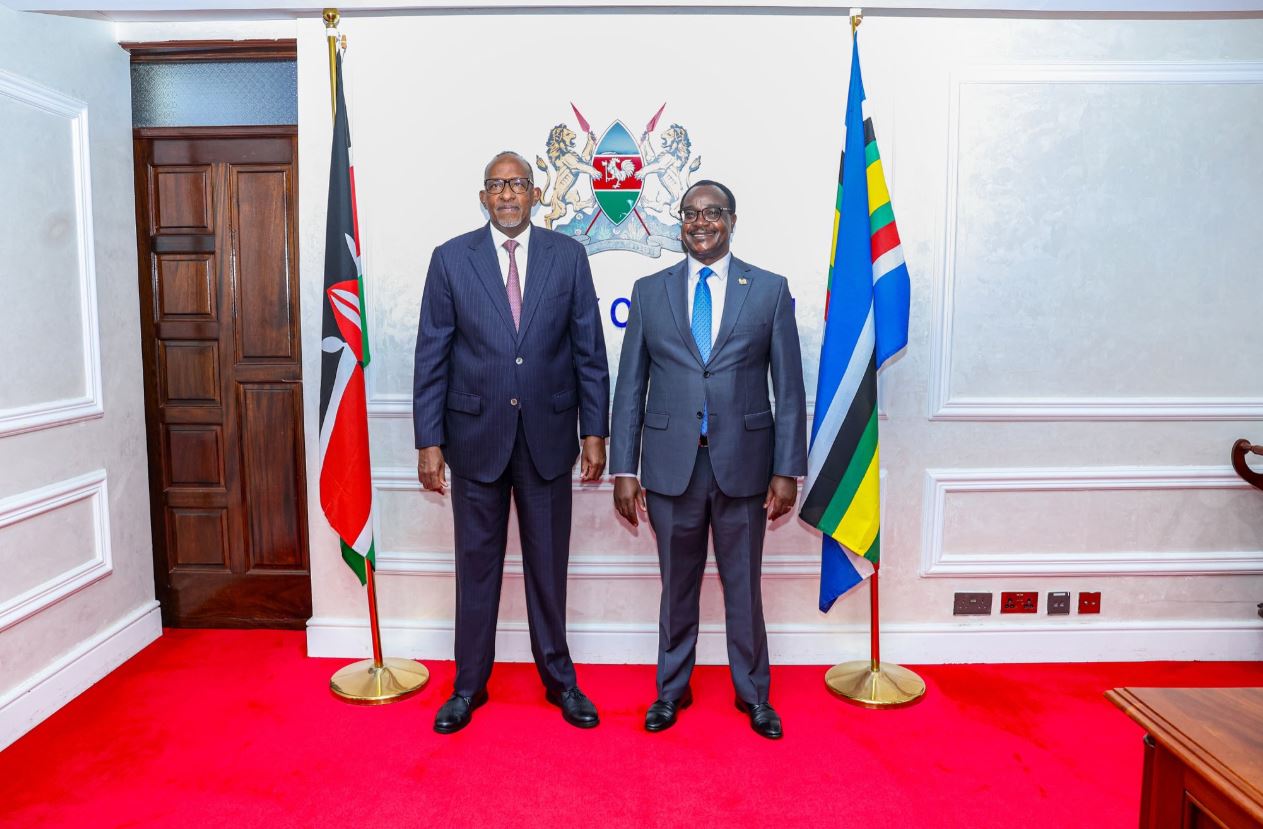As teachers in Kenya were compelled to undergo retooling and retraining to align with the new Competency-Based Education (CBE), a transformation that demanded not just a change in teaching content but a complete shift in mindset and methodology, it is now urgent and necessary to direct the same energy and commitment toward the Kenya Police Service.
The CBC transition demonstrated that systems do not reform themselves—people do. And for people to change, they must be reoriented, retrained, and held accountable to new standards. This is the same medicine our police service desperately needs, and every indication shows we are already late in administering it.
The change of name from the Kenya Police Force to the Kenya Police Service was meant to usher in a new era. The word “Force” carried the brutal legacy of colonial suppression and post-independence authoritarianism. “Service” promised a gentler, more people-centred approach to policing, built on principles of accountability, justice, and community trust. But this noble intention has remained ink on paper. In practice, the average Kenyan still lives in fear of the police. To many, a police uniform is not a symbol of protection but a trigger of anxiety. Encounters with the police are marked less by reassurance and more by intimidation, harassment, extortion, and, increasingly, death.
Recent cases of police brutality paint a grim picture. Videos of officers assaulting peaceful protesters, beating up boda boda riders, dragging citizens from vehicles, or even firing live bullets at unarmed civilians have become all too common on social media and mainstream news. Every time such a video surfaces, we are reminded that the old spirit of the “Force” was never really exorcised from the uniform. It simply rebranded.
Yet, it does not have to be this way. Policing, at its core, is a noble profession. In democratic societies, police officers are custodians of the public good. They are expected to uphold the law, not break it; protect lives, not end them; de-escalate violence, not inflame it. The problem with Kenya’s police system is not just a few rogue officers—it is a systemic failure in training, culture, leadership, and oversight. We have placed enormous power in the hands of officers who, in many cases, have not been sufficiently prepared—psychologically, ethically, or intellectually—to wield it responsibly.
When teachers were introduced to CBC, many of them were skeptical. The old system had served them for years, and change was not only unfamiliar but also uncomfortable. Still, the Teachers Service Commission and the Ministry of Education insisted: retool or risk irrelevance. Teachers attended countless workshops. They were taken through pedagogy that emphasised competence over cramming, inquiry over instruction, and learner-centeredness over teacher-centeredness. If teachers—who deal with chalk, not guns—were made to undergo such a transformative journey, what excuse do we have for failing to do the same with our police officers?
A national retooling program for the police would involve more than just a few days of lectures or PowerPoint presentations. It would have to be a deep, immersive, and consistent process that includes modules on constitutionalism, psychology, human rights, conflict resolution, communication, community engagement, trauma counselling, and ethics. It must address the mental health of officers themselves, many of whom work under inhumane conditions, suffer from unprocessed trauma, and operate in a system that rewards silence over accountability. A stressed, underpaid, poorly trained officer with a loaded gun is a danger not only to citizens but to themselves as well.
READ ALSO:
https://educationnews.co.ke/kakamega-mp-secures-deal-to-reopen-school-closed-over-ksh10-million-land-dispute/
Moreover, the retraining must be accompanied by real reform in the institutions responsible for oversight and discipline. The Independent Policing Oversight Authority (IPOA), while a commendable initiative, has too often appeared toothless. Reports are written, findings are published, recommendations are made—but action is slow or invisible. The public watches as killer cops roam free, protected by a blue wall of silence and an opaque system of internal “discipline” that rarely delivers justice. For retooling to have real impact, it must be backed by a credible and empowered accountability framework.
There is also a generational aspect to this conversation. Kenya is a young country, with a large percentage of the population under 35. These are digital natives, who are exposed daily to global standards of governance, civil liberties, and social justice. They will not be silenced or subdued by outdated tactics of violence and fear. The police cannot continue using analog methods on a digital generation. The result will be more resistance, more outrage, more confrontation, and ultimately, more instability. To police the 21st century citizen, we need 21st century policing.
Public service is not a slogan. It is a philosophy that must be lived. Just as the CBC asks teachers to see each learner as unique and valuable, the Kenya Police Service must be taught to see each citizen not as a potential criminal, but as a human being with rights and dignity. This will not happen by accident. It must be taught, reinforced, and made the standard by which performance is measured.
There is no better time than now. The rising number of cases of extrajudicial killings, arbitrary arrests, and excessive force are not isolated. They are a pattern. And patterns, when unchecked, become the norm. But Kenya cannot afford to normalise police brutality. We cannot continue burying young men and women whose only crime was exercising their constitutional rights. We cannot continue raising children who grow up fearing rather than trusting law enforcement.
Let the retooling of the Kenya Police Service begin. Let it be as rigorous, as comprehensive, and as unapologetic as that of teachers under the CBC. Let it be the beginning of a true transformation—from force to service, from fear to trust, from brutality to professionalism. Only then will the words “Utumishi kwa Wote” carry real meaning.
By Kamomonti wa Kiambati
Kamomonti teaches English and Literature in Gatundu North Sub County.
You can also follow our social media pages on Twitter: Education News KE and Facebook: Education News Newspaper for timely updates.
>>> Click here to stay up-to-date with trending regional stories
>>> Click here to read more informed opinions on the country’s education landscape
>>> Click here to stay ahead with the latest national news.






